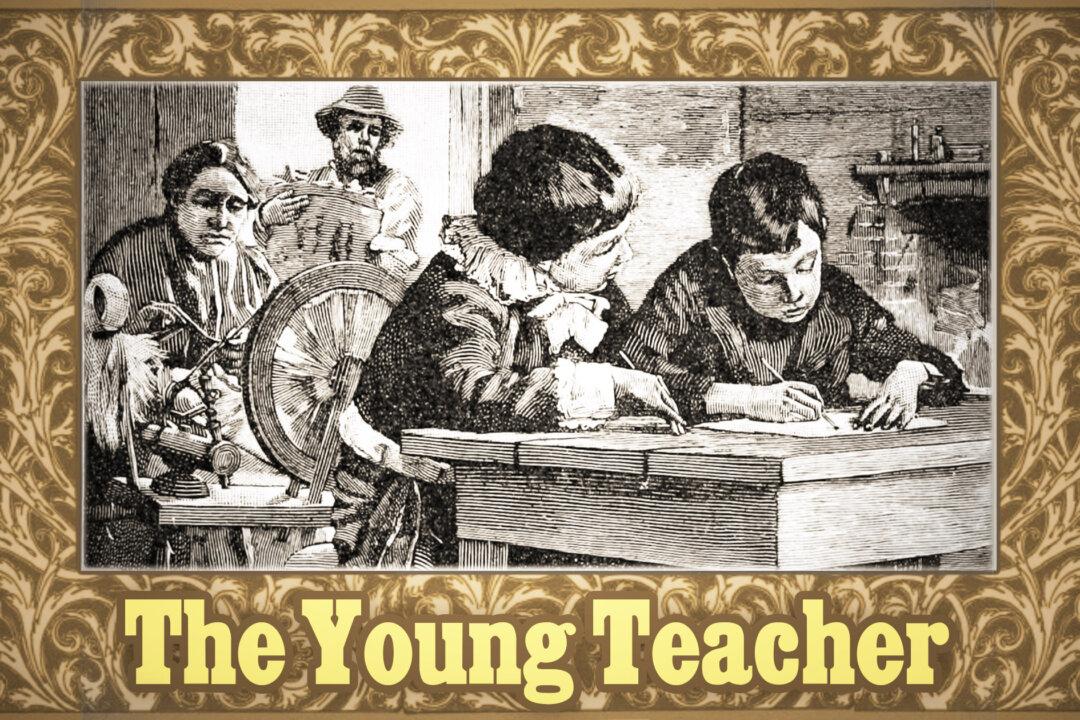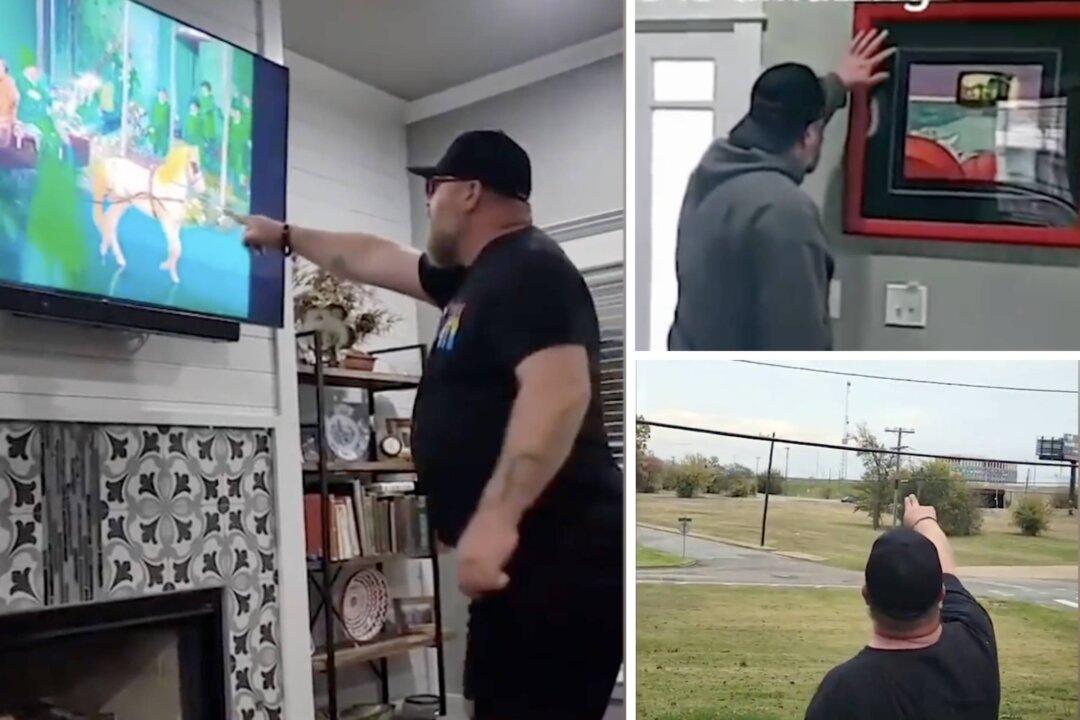This is the sixth instalment in our McGuffey Readers series, in which we reproduce some of the best moral tales from these classic 1800s schoolbooks, which sold an estimated 122 million copies by 1960, the largest circulation of any book in the world next to the Bible and Webster’s Dictionary. McGuffey’s Readers played an important role in American history, offering children not only lessons in reading, grammar, and spelling, but also in moral conduct and character. Enjoy, and share with your children!
The Young Teacher
Charles Rose lived in the country with his father, who taught him to read and to write.Mr. Rose told his son that, when his morning lessons were over, he might amuse himself for one hour as he pleased.






